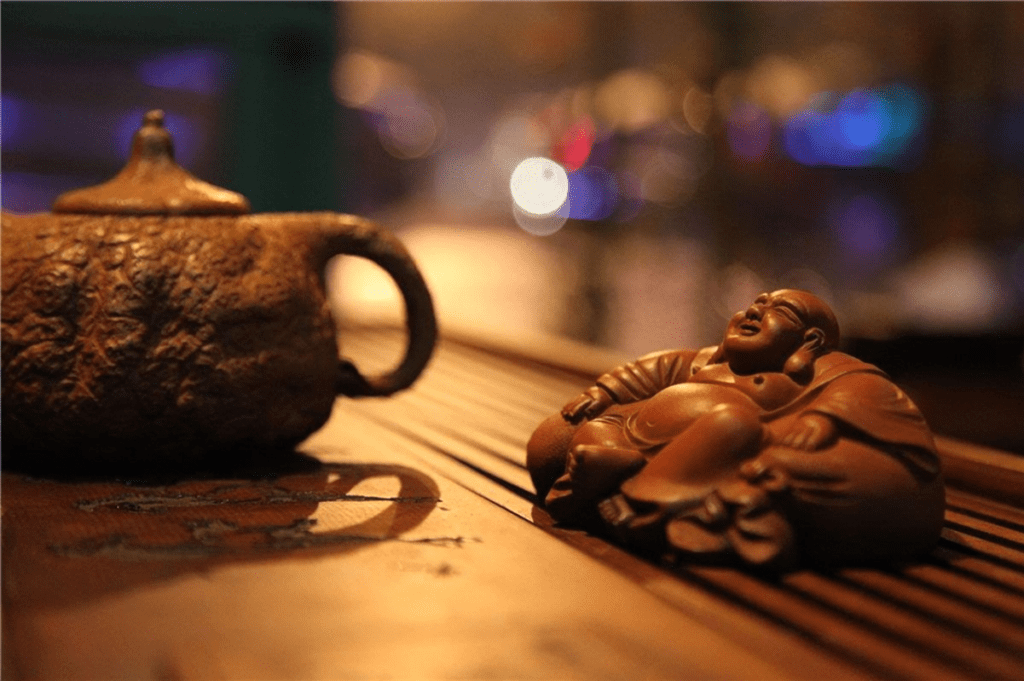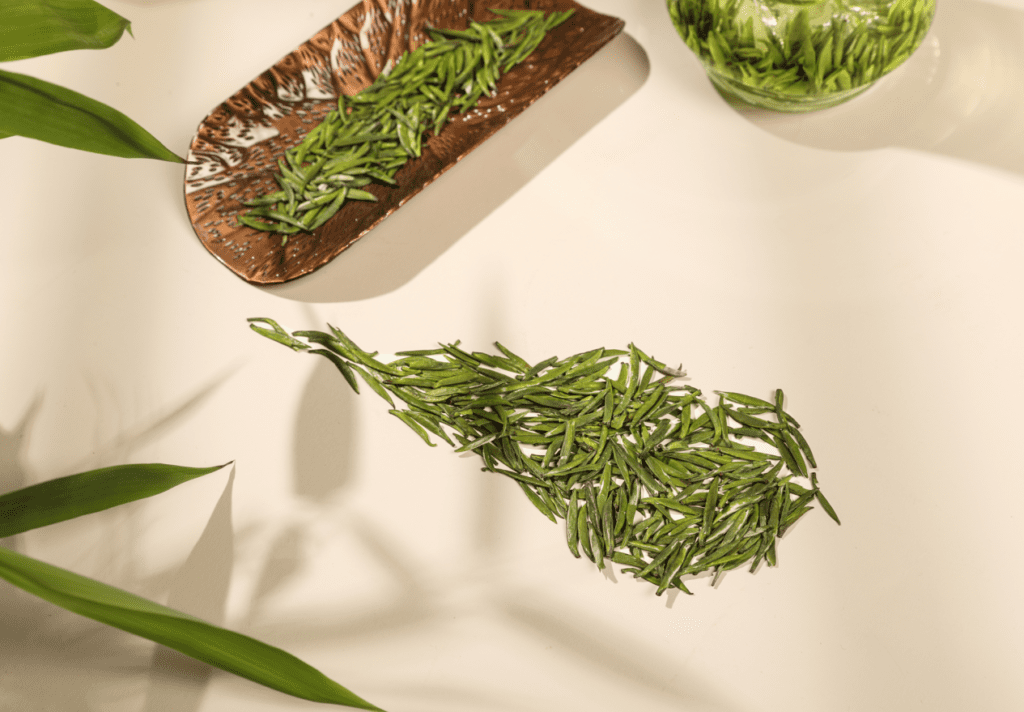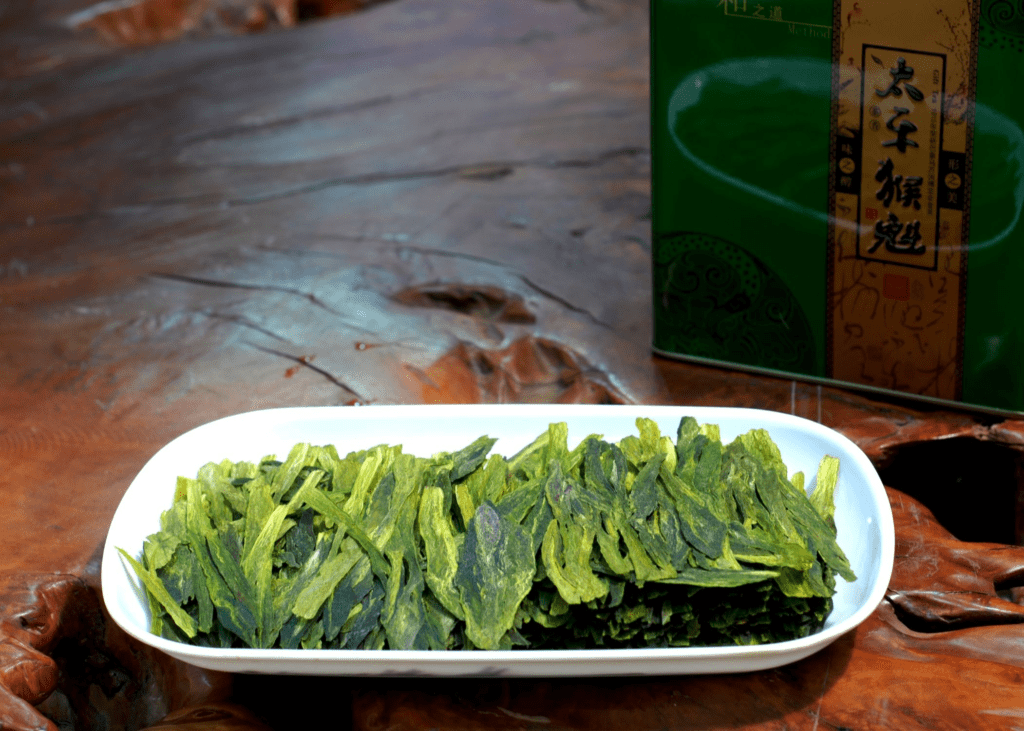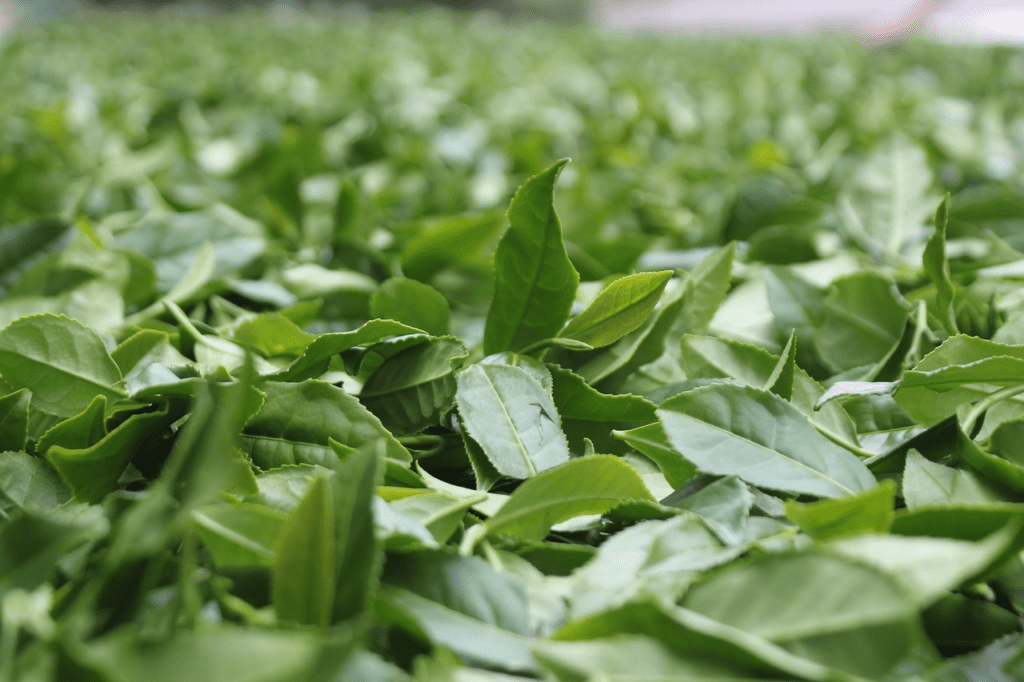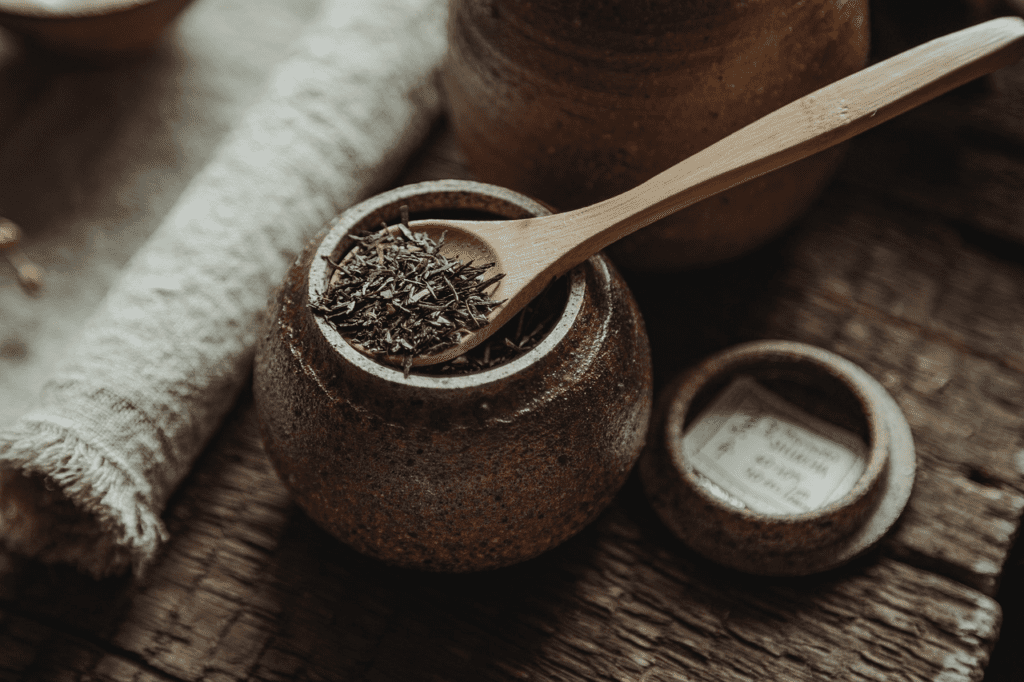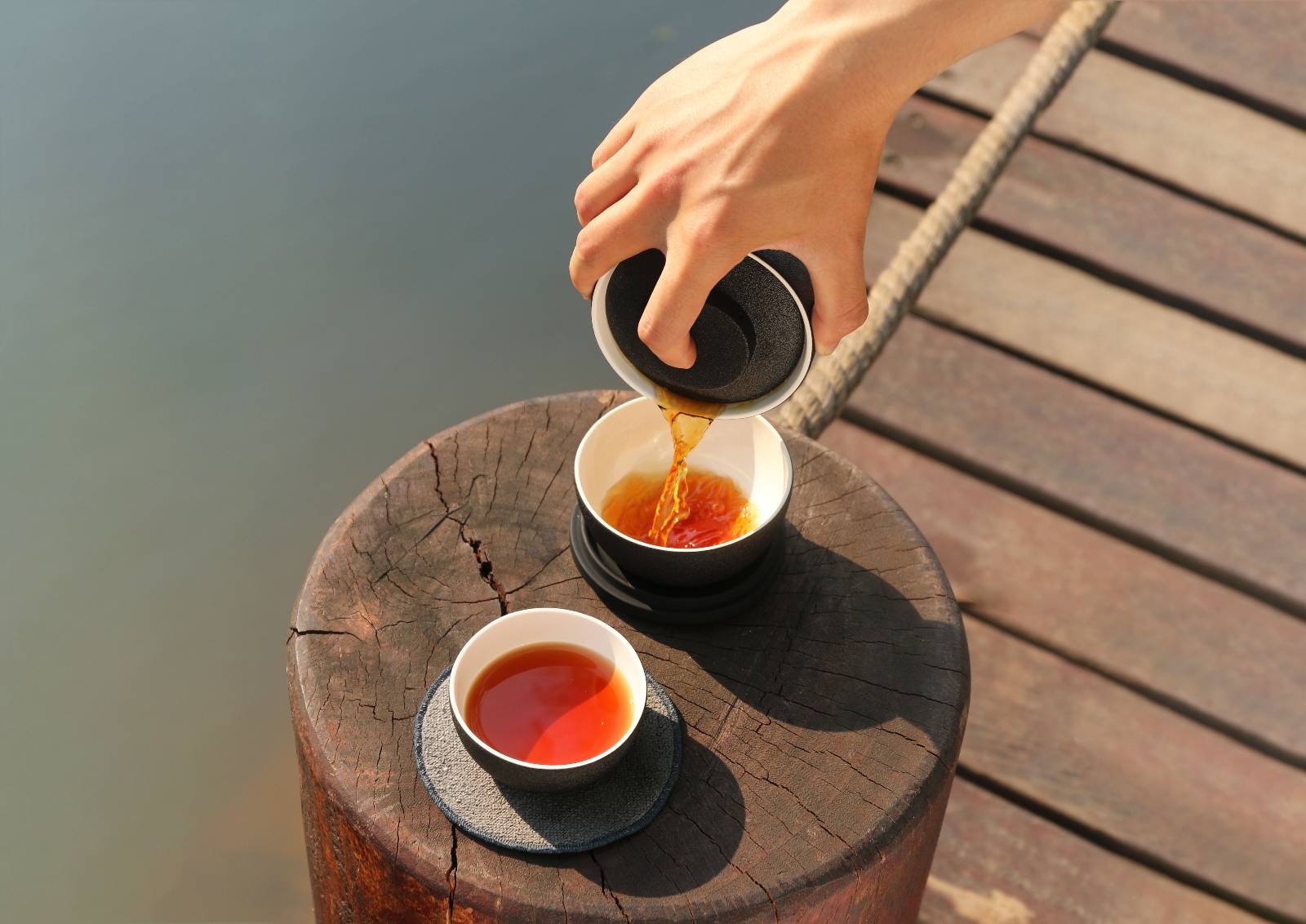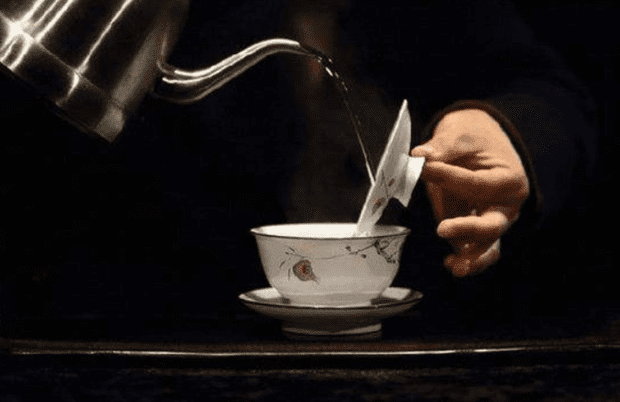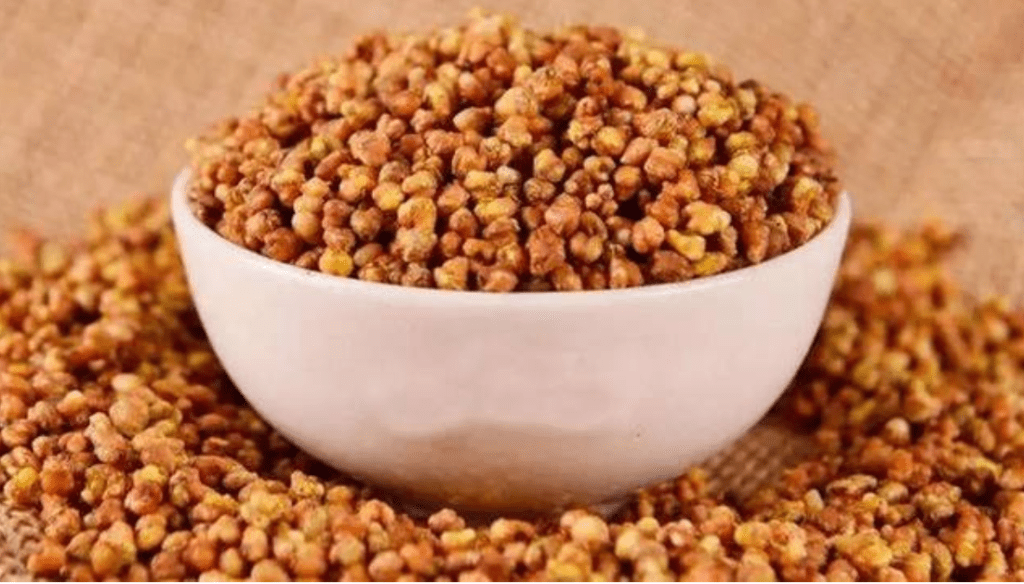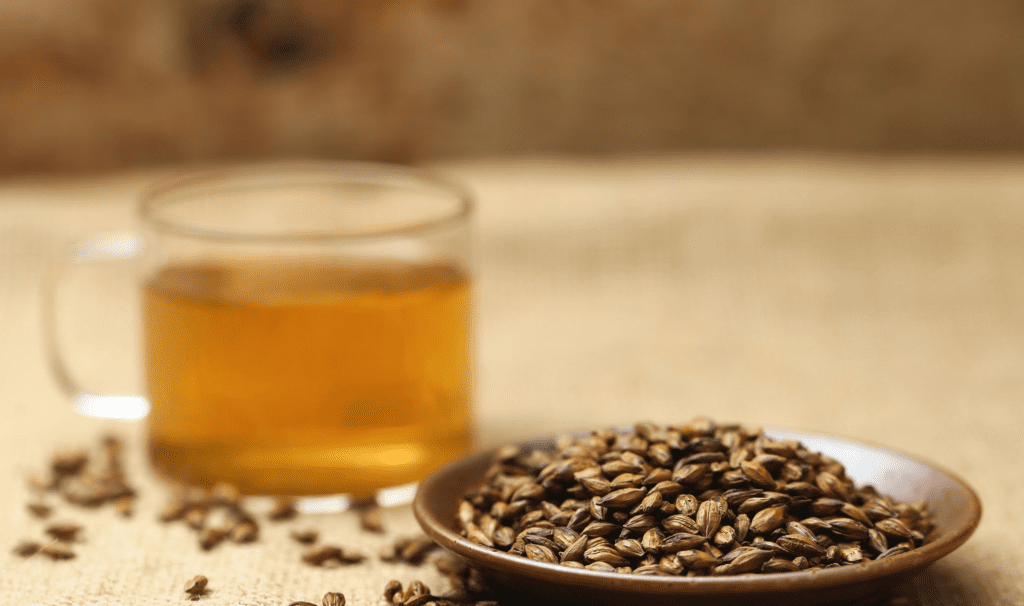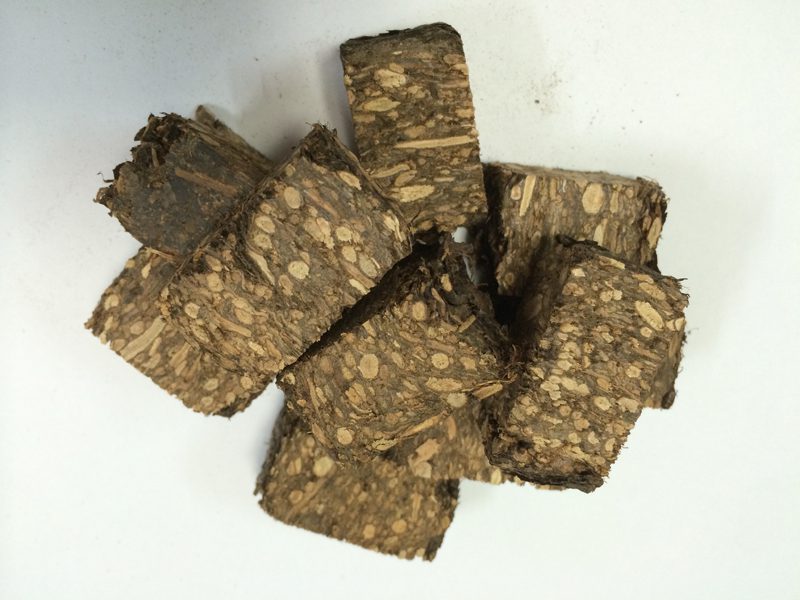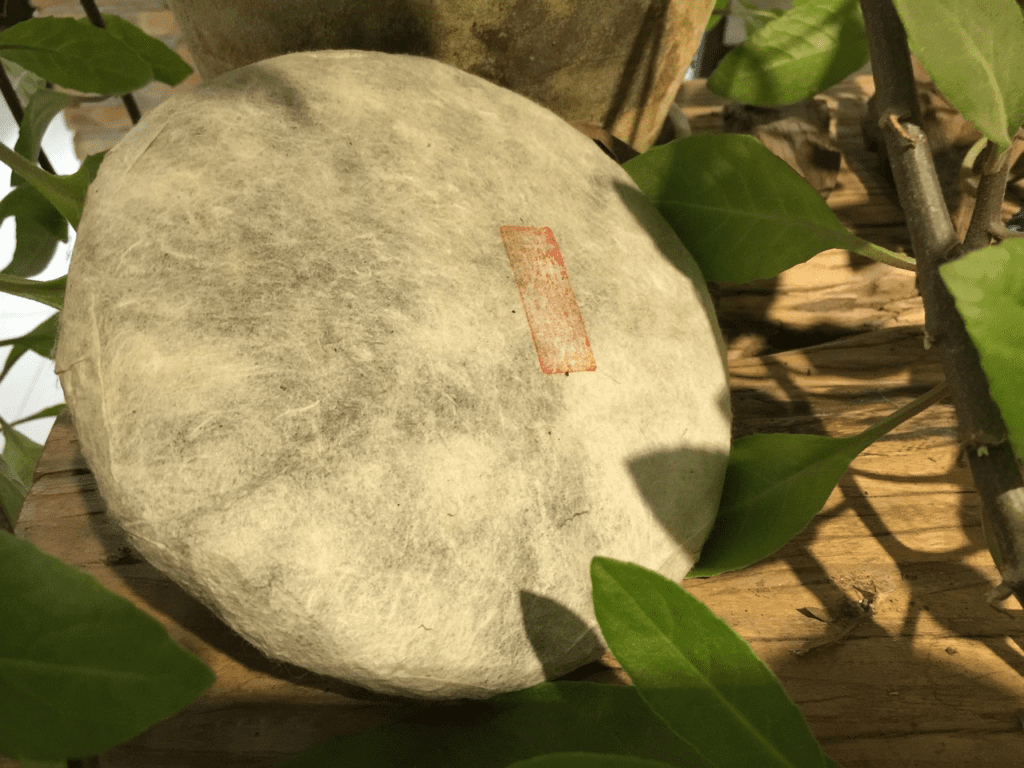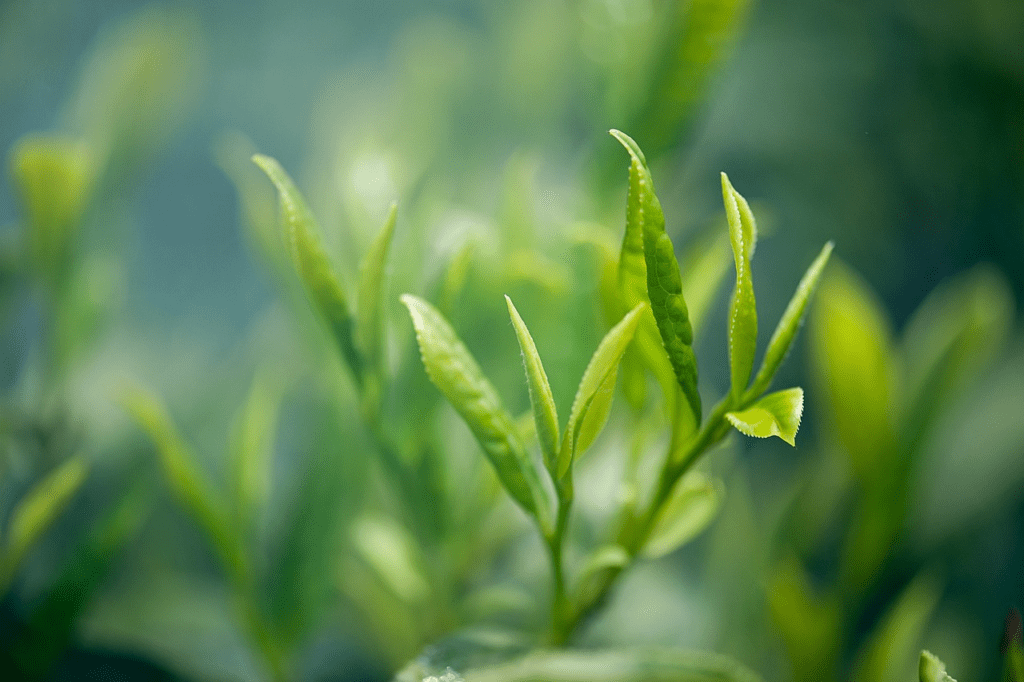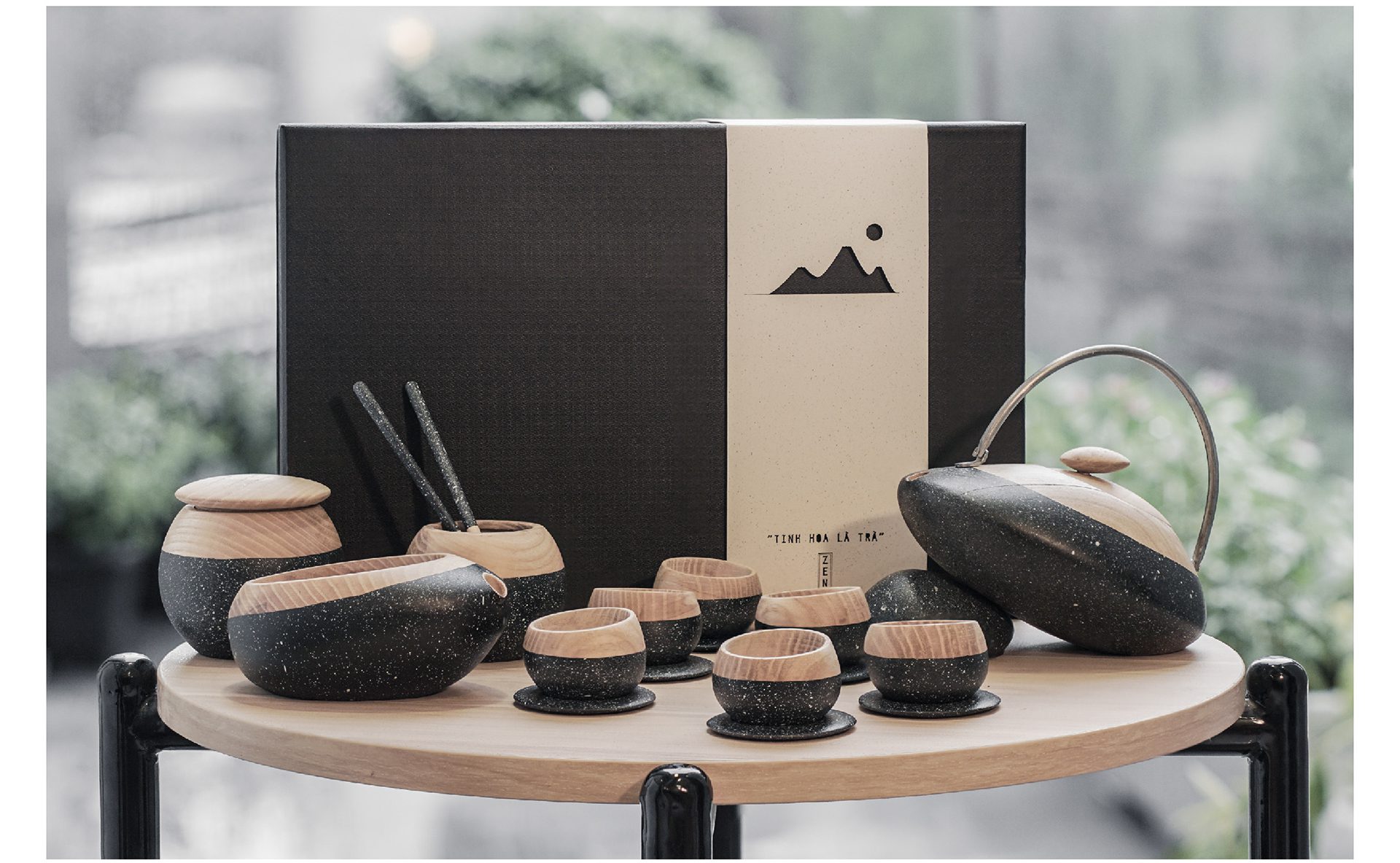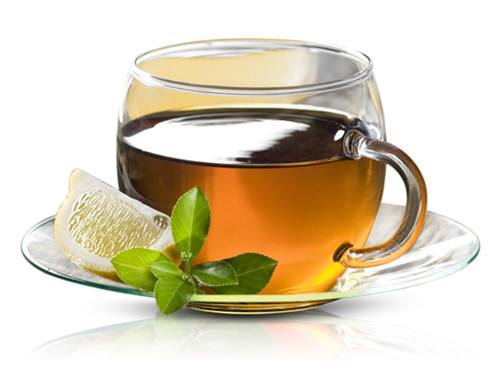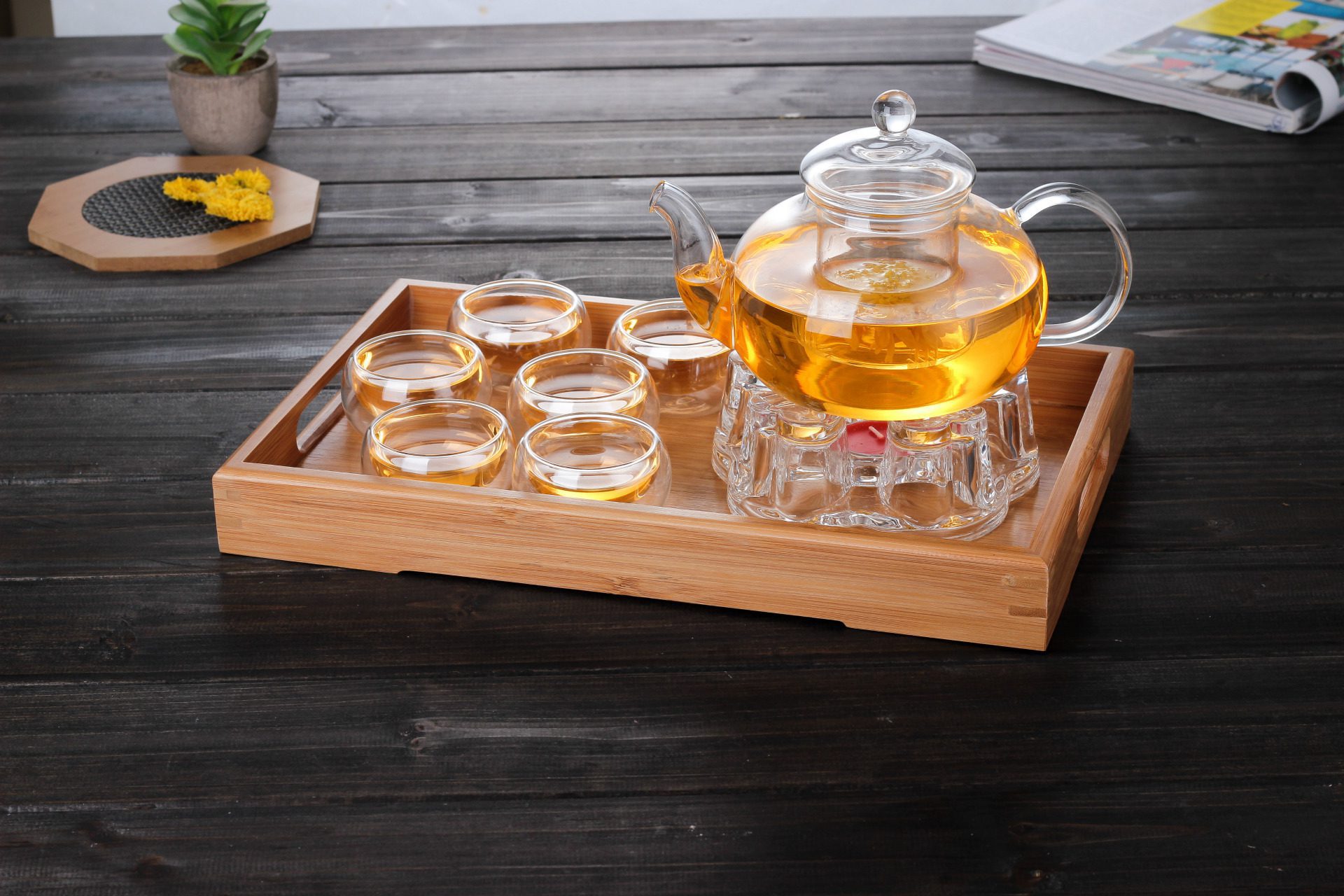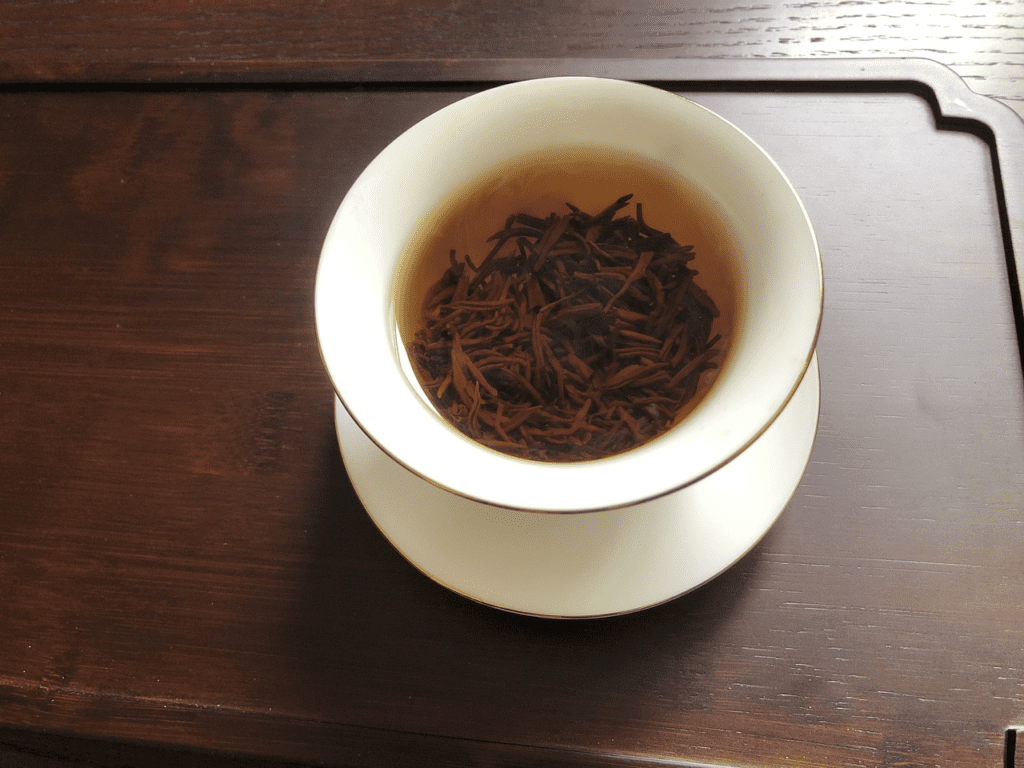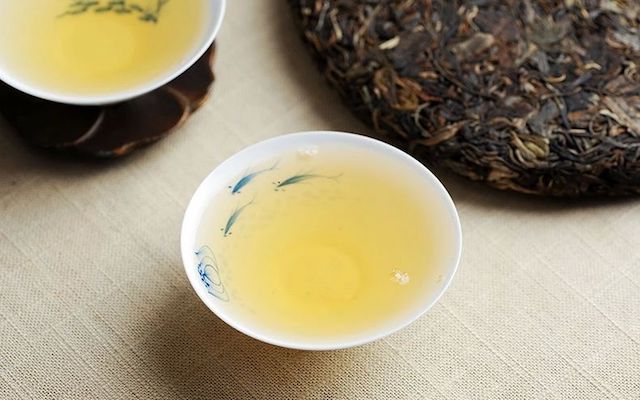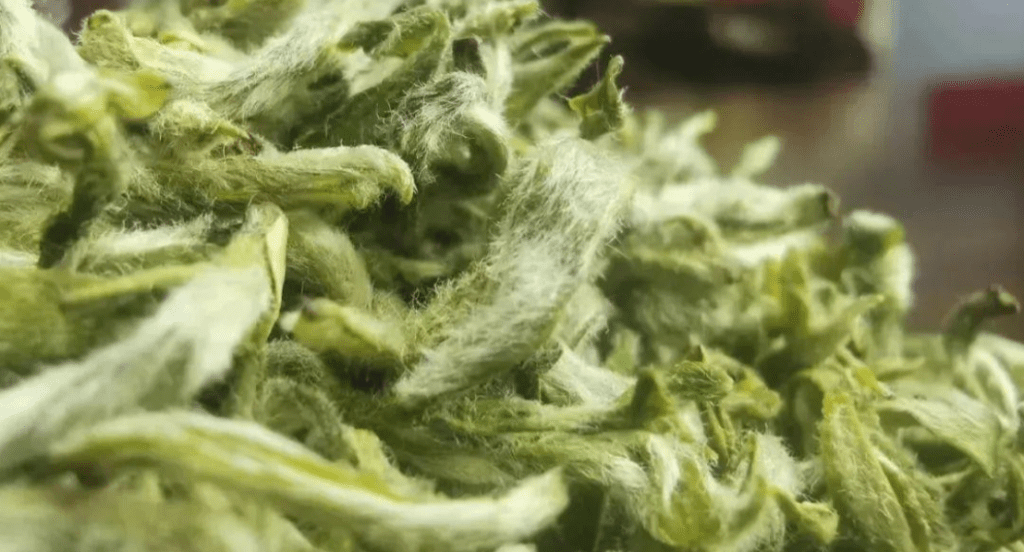Tea, as an important part of traditional Chinese culture, has been endowed with rich cultural connotations and various elegant names since ancient times. In ancient literature, tea has many names, but "tea" is the most formal name. Before the Middle Tang Dynasty, the word "tea" was usually written as "tian", and the word "tian" had many meanings, of which tea was only one.

With the prosperity of tea production and the popularization of the habit of drinking tea, the name of tea gradually increased in frequency. In order to more clearly express the meaning of tea, folk writers simplified the character "荼", removing a stroke, forming the character "茶", which we know today.
In the ancient literati poetry, tea has a variety of aliases, these aliases not only reflect the diversity of tea, but also reflects the love and pursuit of tea culture. The following are some of the ancient poems in the tea alias:
1. Acute
The word "tian" is the most commonly used word for tea in ancient times, and it first appeared in the Book of Songs. Scholars have different views on whether "tian" refers to tea. Xu Shen of the Eastern Han Dynasty mentioned in Shuowen Jiezi (Explaining Characters in Chinese): "Tuan, bitter tea."
2. Tea
"Ming" is said to be the local name for "tea" in Yunnan, and has been used to refer to tea since about the Eastern Han Dynasty. Now, "Ming" and "tea" word is basically common, become the elegant name of tea. Su Shi in the Song Dynasty, a poem in praise of tea: "never good tea like a good person."
3. Marquis of the Night
Because drinking tea has the effect of waking up and lifting the spirit, lifting the drowsiness, Bai Juyi and other people in the Tang Dynasty poem will be tea called "no night Hou", praising its broken sleep.
4. Sterilizers
During the Tang Dynasty, it was recorded that Tianzhufeng tea could eliminate the poison of wine and meat, and thus the tea was called "disinfectant minister" in recognition of its detoxifying effect.
5. Polyester seed
The alias "clean trouble son" comes from the fact that tea can wash away the boredom of the heart and bring peace and comfort. Tang Dynasty, "Tang State History Supplement" in the tea for the "clean trouble son" records.
6. Clearing the air
During the Five Dynasties and Ten Kingdoms period, some people called tea "breeze", meaning that after drinking tea, you can feel the breeze on your face, relaxed and happy.
7. Yugan's
In the literature of the Song Dynasty, tea was referred to as "Yu Gan Shi", a nickname derived from its sweetening properties.
8. Seiyuu
"Qingyou" is another elegant name for tea, meaning that drinking tea can bring a refreshing experience and a pleasant mood.
These aliases not only enrich the connotation of tea culture, but also show the unique feelings and aesthetic interests of the ancients towards tea. Through these elegant names and aliases, we can glimpse the elegance of the ancient tea and the deep feelings of the ancients for tea.
